ELECTRIFICATION OF A SOCIO-ECONOMIC HUB
Led by the NGO Electriciens sans Frontières (Electricians without Borders- ESF), as part of an initiative launched in 2014 by the French association Les Ballons Rouge, the project aimed to equip the socio-economic hub in the Zam commune with solar electricity. The hub included a moringa farm (a plant with exceptional nutritional, economic and medicinal benefits), a literacy and computer centre, two boreholes, a library and a small convenience store. Some of the revenues from the sale of moringa by-products were to cover the future maintenance costs of the solar installations.
The project was delayed and extended by twelve months in order to address a request from the local team. The moringa leaves needed to be stored in refrigerators meaning that the electrical infrastructure had to be adapted to the new needs. This was done at no additional cost to the Foundation. The library was equipped with solar electricity by December 2017, and in early January 2018 the rest of the hub was equipped with solar lighting. Thanks to the new facilities, the moringa farm was able to process high quality moringa powder (500kg/year) generating an income of 440 euros/month. The farm employed five full time employees and three further women were employed to pick the leaves when needed.
Electriciens sans Frontières is a French NGO founded in 1986. It leads and implements projects that enable the poorest and most isolated rural communities to access electricity and clean water in order to sustainably improve their living conditions.
News
Type
Health / Environment / Community DevelopmentDuration
October 2016 – September 2018Location
Zam commune / Burkina FasoWith whom
Electriciens sans Frontières
Website

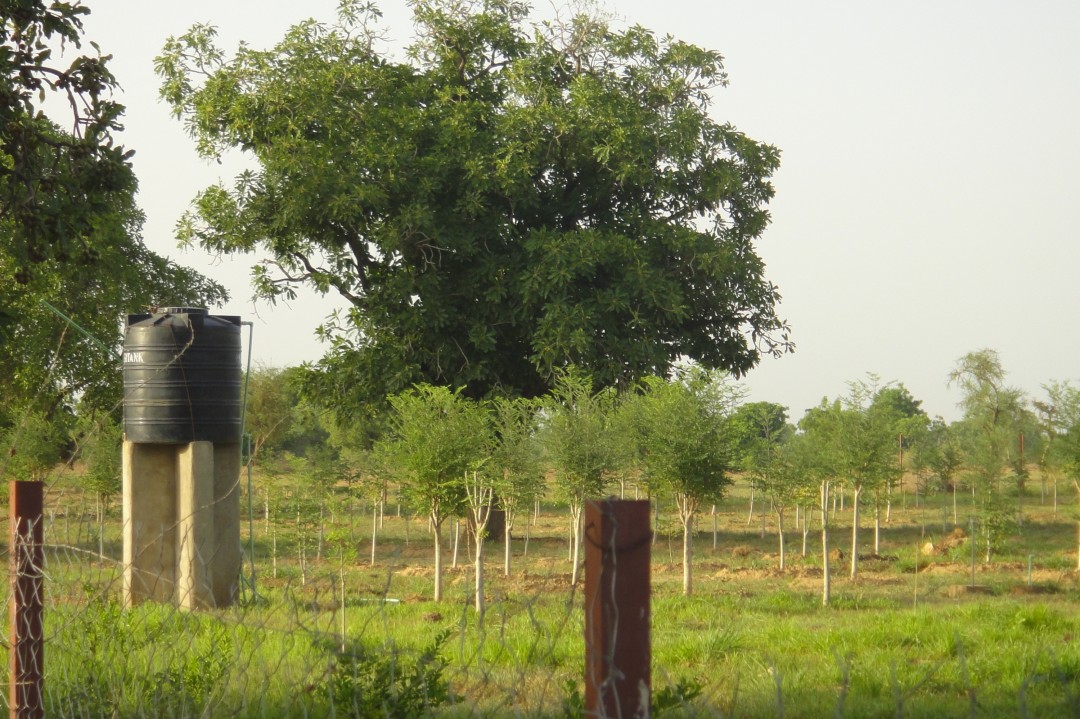
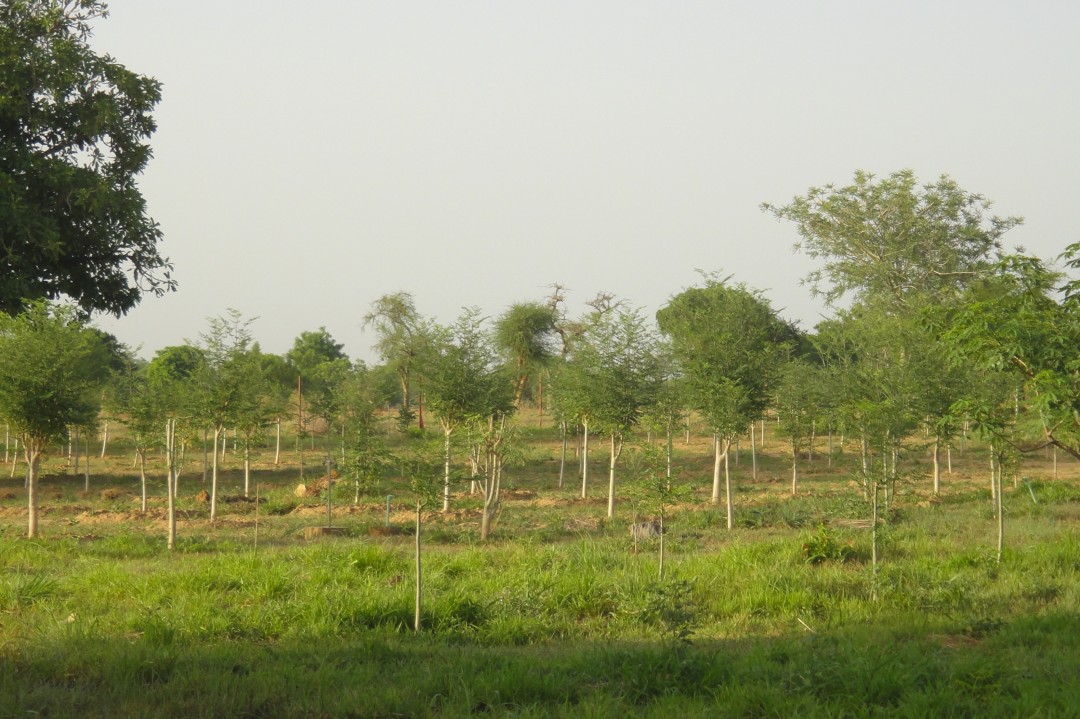
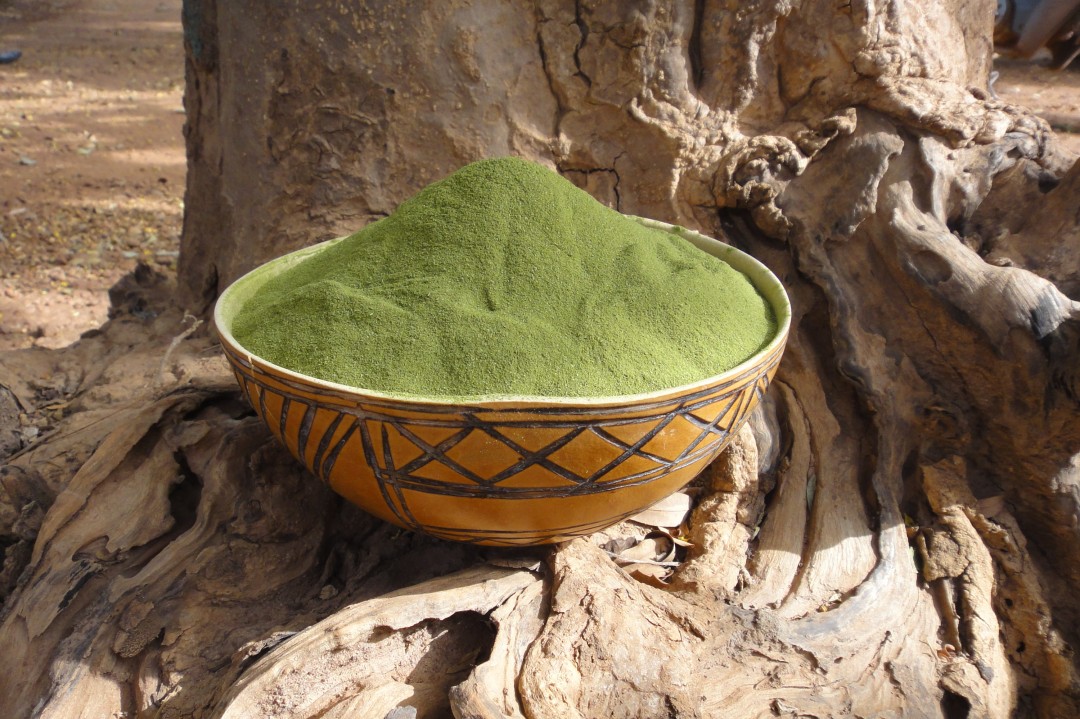

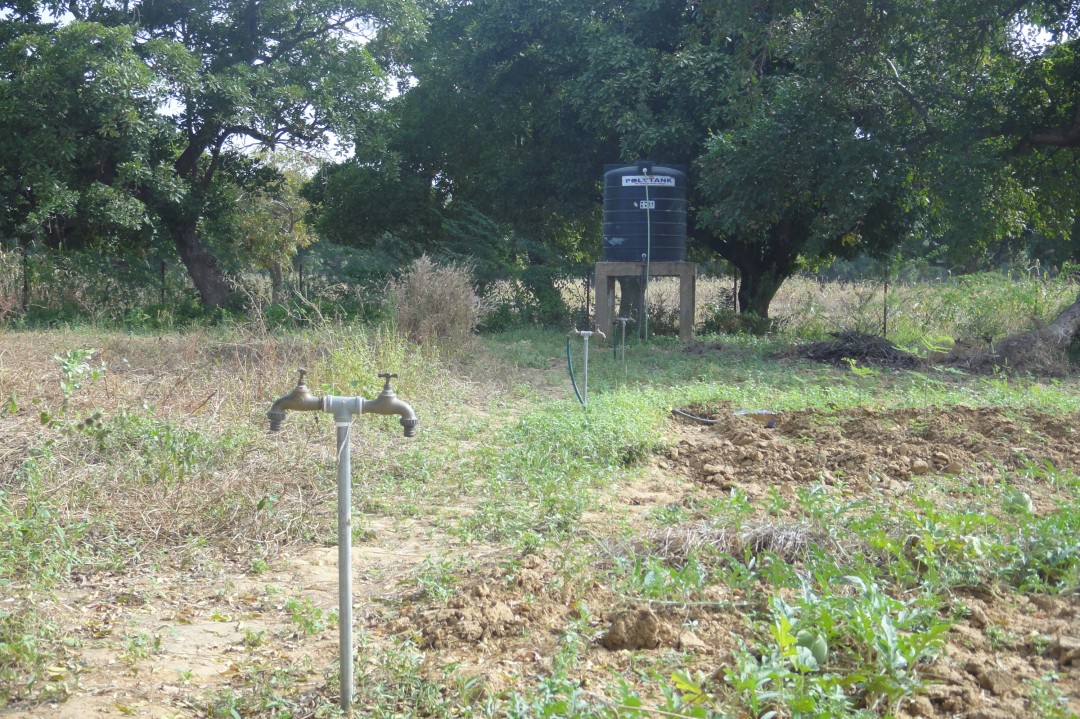
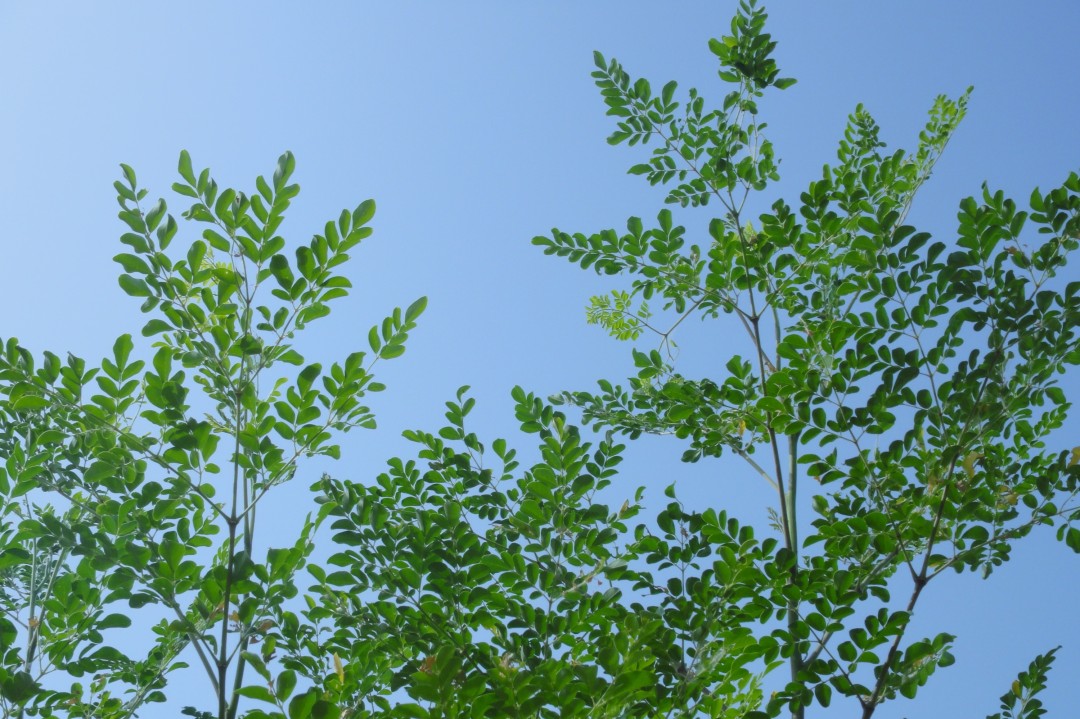

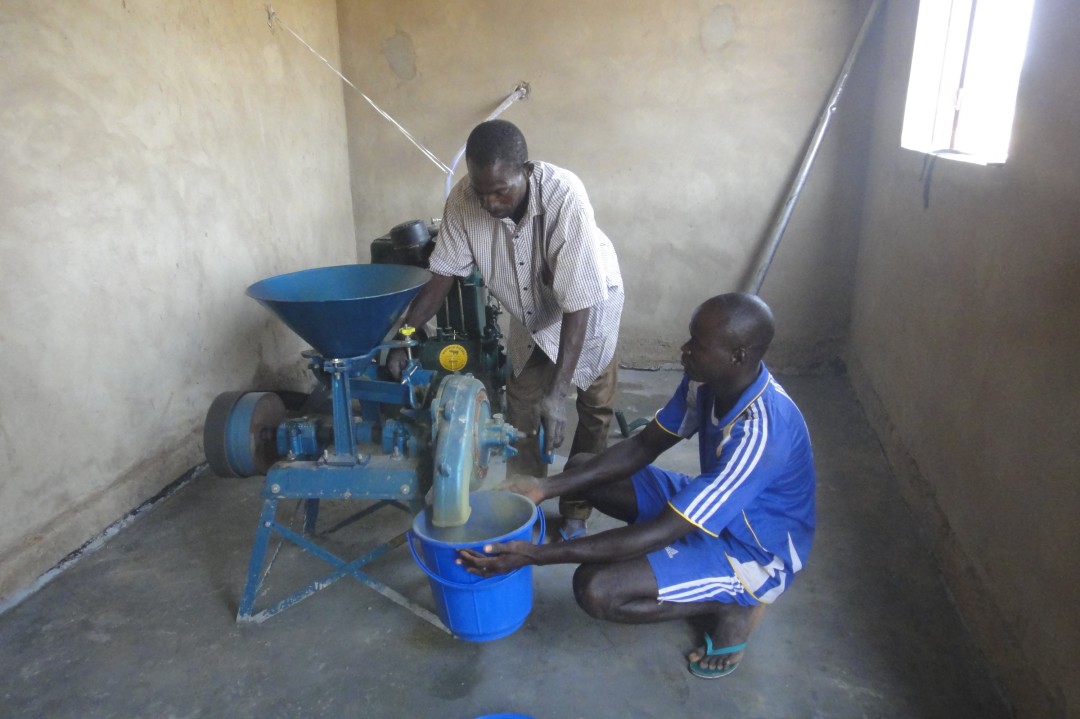
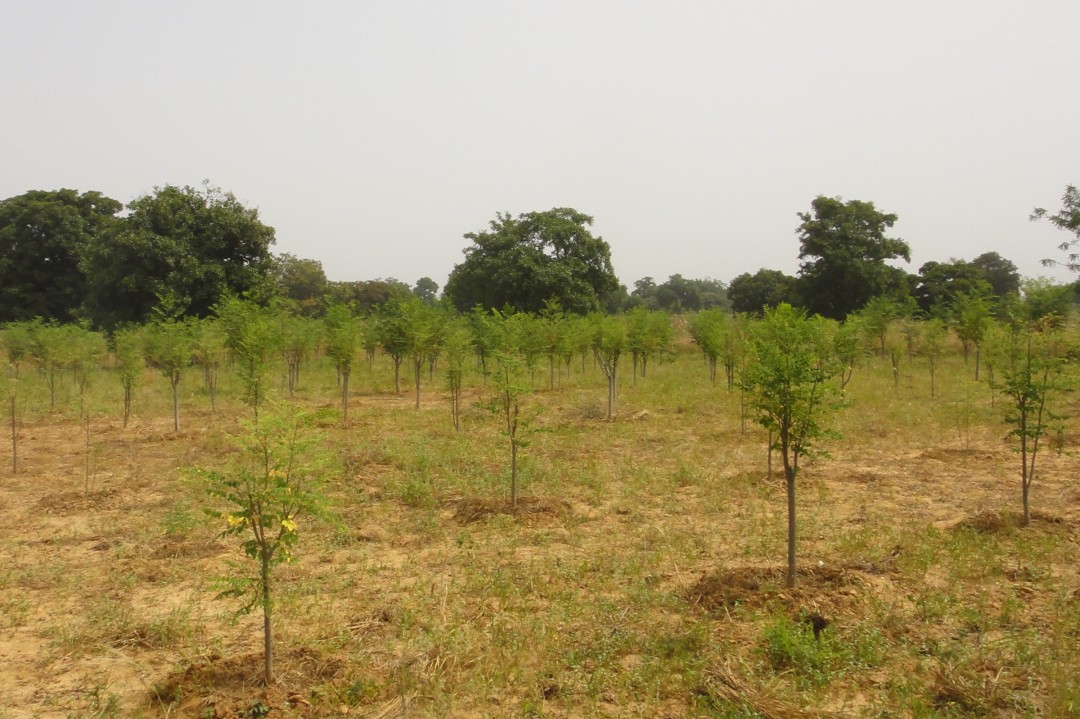
Warning: Undefined array key 1 in /home/clients/6976e6f747236fd53b0ac05fb967ea6b/aoweb/layout/front_functions.php on line 387
Burkina Faso
Population
19.1 million (2017)
Per Capita Income
USD 590/year (2017)
Poverty rate *
40% (2014)
Literacy rate
35% (2016)
Human Development Index
183rd country out of 189 countries (2018)
Following the popular uprising in October 2014, Burkina Faso democratically elected, in November 2015, its first civilian president since its independence. The country’s new political stability and fiscal and budgetary reforms have led to improvements in public finances; however, it remains one of the world’s poorest countries. Sustained efforts and investments have generated positive human development trends, although access to basic services remains an important concern due to poorly developed community-based services. Despite progress in gross primary school enrolment Burkina Faso has one of the lowest literacy rates in the world. Access to secondary education remains low (13%), as is the quality of the system.
Sources: World Food Program, UNICEF, World Bank, 2016 Human Development Report, Human Development Indices and Indicators (2018 Statistical Update)
*The percentage of the population living below the national poverty line.